Travelog laced with history along the Heilongjiang
Updated: 2016-01-13 10:08
By Andrew Moody(China Daily)
|
|||||||||
 |
|
Dominic Ziegler, Asia editor of The Economist magazine, takes Northeast China's Heilongjiang River as the subject of his new book, Black Dragon River, published by Penguin Press.[Photo provided to China Daily] |
On his journey, Ziegler traveled to Nerchinsk, where in 1689 a treaty was signed between the Chinese emperor Kangxi and Peter the Great, the tsar who brought Russia into the modern world, which defined the border between the two countries.
It is the first treaty China signed with a Western power and, somewhat curiously, was written in Latin, an agreed neutral alternative to Russian and Manchu. This was due to the presence of Jesuit priests in the Chinese delegation.
"The town is still in the middle of nowhere, but at one point in history the two great gargantuan empires in Eurasia spun around each other in this spot," he says.
The journalist believes that even today as a result of this treaty China and Russia have a relatively stable relationship.
"The two sides negotiated on the basis of real strict equality, which is in contrast to all the later unequal treaties of the 19th century. I think personally, even if both sides are not aware, it still colors the relationship and gives it a grounding."
One major breach in the relationship did come in the 19th century. Muscovite Russians became obsessed with stories of the opening up of the West in the Unted States, and had an ambition to turn the Heilongjiang into the new Mississippi. They seized territory from China almost equivalent in size to France and Germany combined. They also thought they could bring French cognac and Hawaiian pineapples through the western mouth of the river.
"The Russians developed fantasies that their manifest lay in the Pacific. This is a river that freezes half the year and it is not navigable for all of its route, and even at the mouth there are sandbanks," he says.
Ziegler, 54, who has been with The Economist for 30 years and was its Beijing correspondent in the 1990s, says there is a sense in the Russian Far East that the real engine of their economy now comes from China in the south.
"I think there is a sense of Moscow being far away and that (Russian President Vladimir) Putin is just letting them swing, and the area is becoming depopulated," he says.
The exchanges between the territories above the river and China are not all economic.
"You often see these tall blonde long-legged Russian women marrying the Chinese because they see them as both hardworking and drinking less than their own men. They take a pragmatic approach," he laughs.
- Spain's Princess Cristina stands trial on tax fraud charges
- Rupert Murdoch, Jerry Hall announce engagement
- Obama to deliver final State of the Union speech
- Annual Coming of Age Day ceremony held in Tokyo
- Drug lord closer to US trial as Mexico starts extradition process
- UN chief slams deadly attack on MSF-supported hospital in Yemen

 Execs introduce new models at Detroit Auto Show
Execs introduce new models at Detroit Auto Show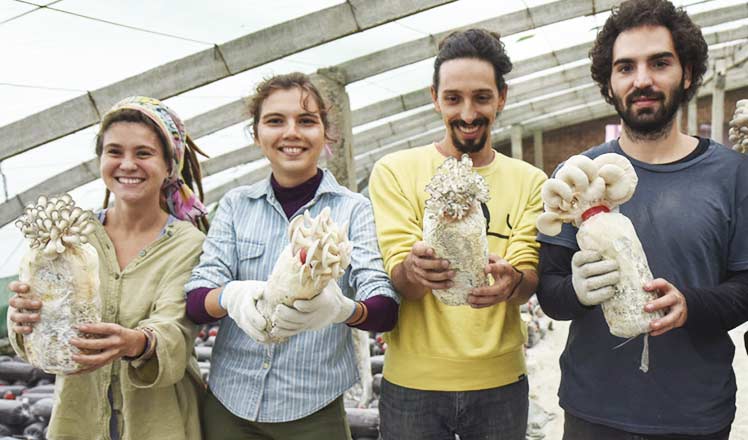
 Foreigners learn mushroom cultivation skills in Xi'an
Foreigners learn mushroom cultivation skills in Xi'an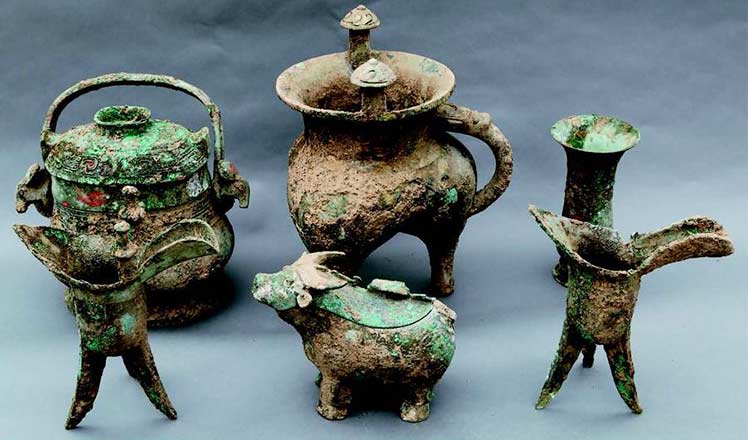
 Academy releases top 6 archaeological finds of 2015
Academy releases top 6 archaeological finds of 2015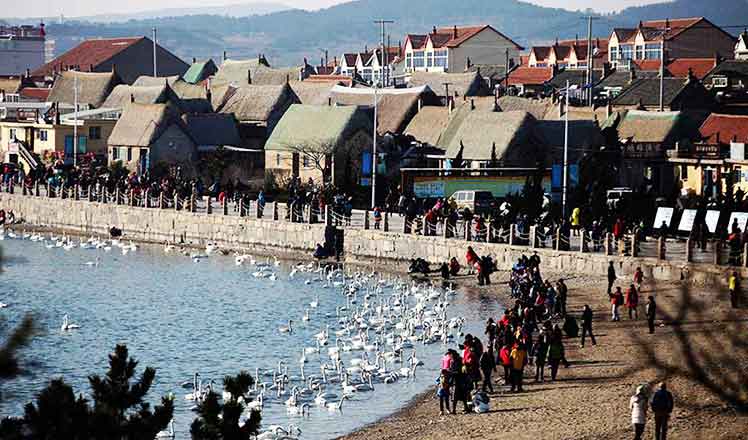
 Yandunjiao in Shandong is an ideal habitat for whooper swans
Yandunjiao in Shandong is an ideal habitat for whooper swans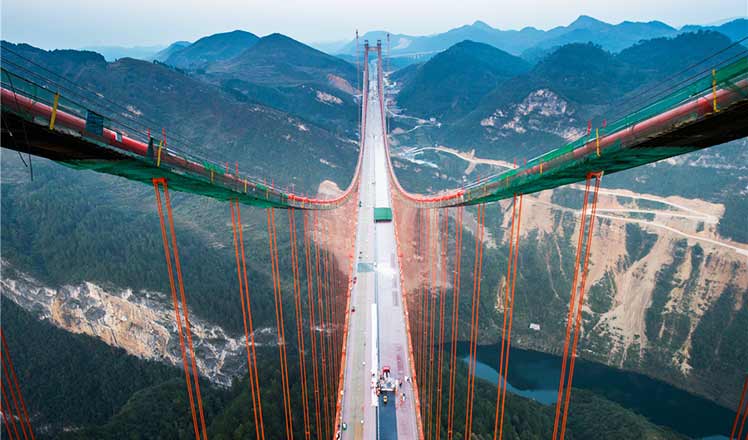
 World's second highest bridge in Southwest China put into operation
World's second highest bridge in Southwest China put into operation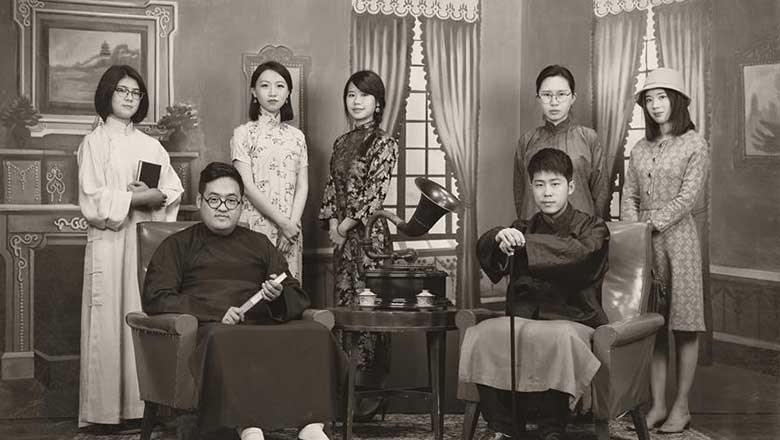
 Photo studio takes people back in time
Photo studio takes people back in time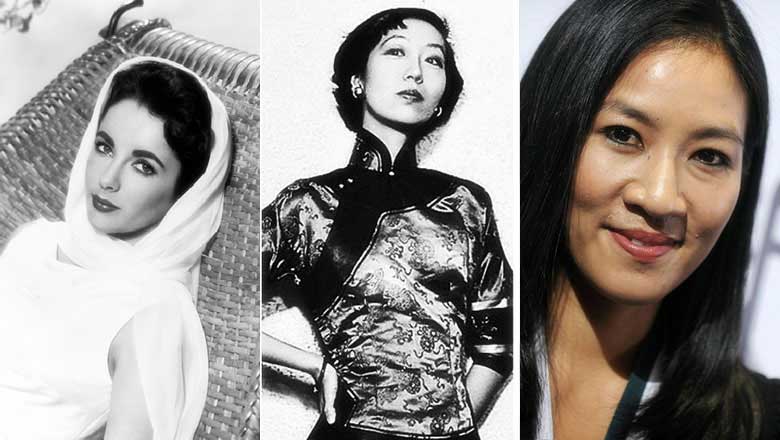
 Celebrities born in the Year of Monkey
Celebrities born in the Year of Monkey
 Remembering legendary British artist David Bowie
Remembering legendary British artist David Bowie
Most Viewed
Editor's Picks

|

|

|

|

|

|
Today's Top News
Obama to deliver final State of the Union speech
Shooting rampage at US social services agency leaves 14 dead
Chinese bargain hunters are changing the retail game
Chinese president arrives in Turkey for G20 summit
Islamic State claims responsibility for Paris attacks
Obama, Netanyahu at White House seek to mend US-Israel ties
China, not Canada, is top US trade partner
Tu first Chinese to win Nobel Prize in Medicine
US Weekly

|

|








